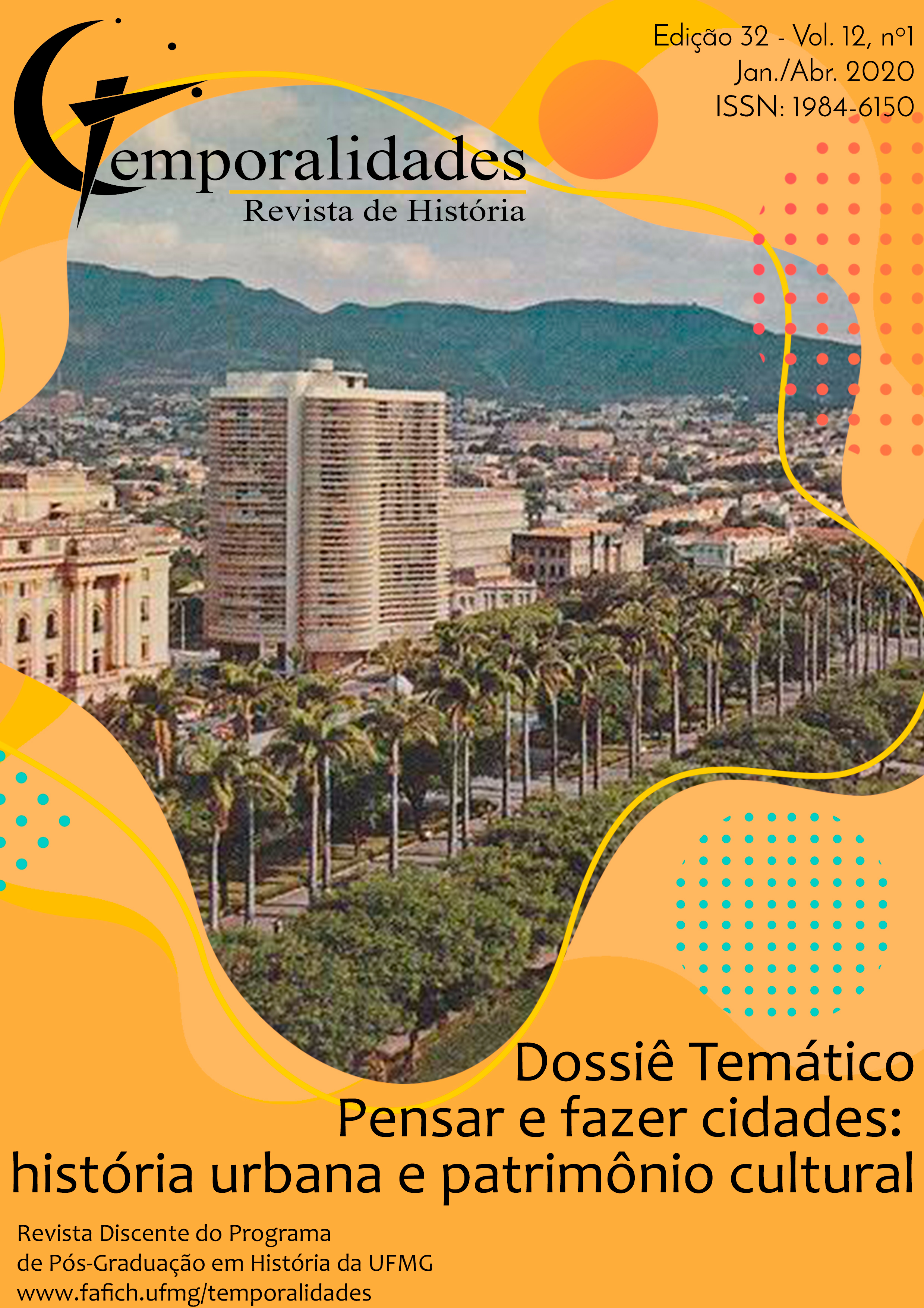The discursive mark of drought as an obstacle to civilization in A Normalista by Adolfo Caminha (1893)
Abstract
The cearense writer Adolfo Caminha (1867-1897), affiliated with the aesthetic tradition of the European naturalist school of the second half of the 19th century, as well as other Ceará authors of that time, was mobilized around a social project of civilization. In this sense, this article sought to analyze the desire for progress and the critique of the province that appear in A Normalista (1893). The novel takes place in the urban environment of Fortaleza, however, its characters and their way of acting are largely the result of a “space of experience” linked to the Grande Seca of 1877, a starting point to understand which remains of this event and what is its relationship to what the author considers civilized. Therefore, it can be inferred that the effects, arrangements and breakdowns of the Grande Seca are present throughout the novel and influence the course of narrative actions.
Downloads
Downloads
Published
Issue
Section
License
O(A) autor(a), para fins de submissão à revista Temporalidades, deve declarar que o trabalho aqui submetido é de autoria do mesmo e nunca foi publicado em qualquer meio, seja ele impresso ou digital.
O(A) autor(a) também declara estar ciente das seguintes questões:
Os direitos autorais para artigos publicados na Temporalidades são do autor, com direitos de primeira publicação para o periódico;
Em virtude de aparecerem nesta revista de acesso público, os artigos são de uso gratuito;
A revista permitirá o uso dos trabalhos publicados para fins não-comerciais, incluindo direito de enviar o trabalho para bases de dados de acesso público.
A Temporalidades adota a licença internacional Creative Commons 4.0 (CC BY).







